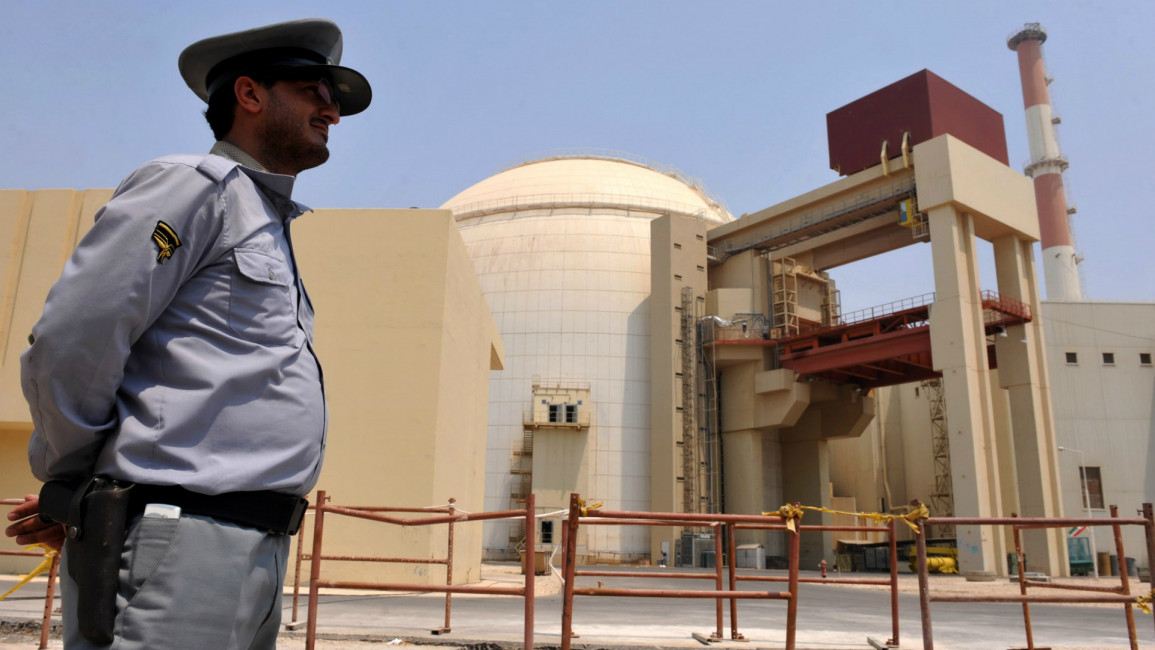UN says Iran abiding by nuclear deal
"The deal is being implemented since January without any particular problem," said Yukiya Amano.
In early September a report released by the Washington-based Institute for Science and International Security claimed that the United States and its negotiating partners – Russia, China, France, Britain and Germany – had agreed "in secret" to allow Iran to evade certain restrictions in order to get the deal through on time, and allow sanctions against Tehran to be relaxed.
In particular the report said that Iran had been allowed to exceed the agreement’s limits on the amount of low-enriched uranium it can keep in its nuclear facilities which can be purified to produce weapons-grade uranium.
"There was a small incident in February: the stock of heavy water very slightly exceeded the limit set – 130 tonnes. But we immediately signalled that to Iran which took all the necessary measures," said Amano, noting that Iran’s stock of heavy water had briefly reached 130.9 tonnes.
 |
The deal is being implemented since January without any particular problem Yukiya Amano, Director General, International Atomic Energy Agency |
 |
"Apart from that, I can certify that Tehran respects its commitments to the letter. The Iranians are doing what they promised the international community."
Amano’s statement came on the same day that Iran’s Revolutionary Guards revealed a new militarised surveillance drone modelled on a US drone captured in the country in late 2011.
Speaking at a ceremony in Tehran on Saturday Commander of the Islamic Revolutionary Guards Aerospace department Brigadier General Amir Ali Hajizadeh said that the creation of the new drone, named Saegeh (Thunderbolt), showed that Tehran now stood among the first four world states in the sophistication of their drone development.
Last year’s historic nuclear deal between Iran and the PF + 1 group of states was opposed by hardliners inside Iran. This year Supreme Leader Ayatollah Ali Khamanei has punctuated his public speeches with anti-US rhetoric accusing the Obama administration of a "bullying policy" and of failing to lift economic sanctions in a way that benefited "the life of the people" and also ruled out cooperating with the US to combat the Islamic State in Iraq and Syria.
However it remains unlikely that Iran will turn its back on the nuclear accord, as Khamanei and his hardline backers remain aware of the significant economic benefits it has brought, with some commentators suggesting that it could serve to further entrench the clerical regime that came to power in 1979 following the toppling of Mohammad Rea Shah.



